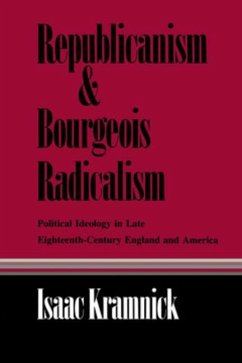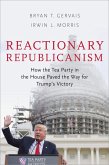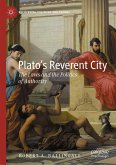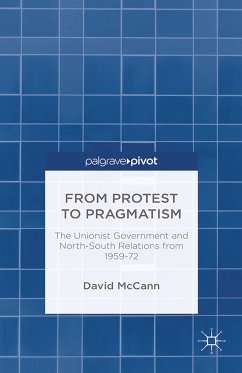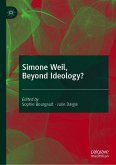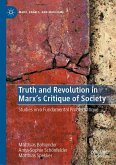With this book Isaac Kramnick adds a strong voice to the lively debate about the nature of political ideology in eighteenth-century England and America. Whereas the now-dominant "republican thesis" sees liberal ideology as virtually irrelevant in an age of civic commitment to a moral public order, Kramnick makes a strong case for a thriving liberalism in the Anglo-American world at the time of the American and French revolutions. In his view, both ideologies flourished during this period, and it is unwise to see one as the exclusive paradigm in which eighteenth-century political discourse took place. In short, he proposes to the republican school a scholarly truce.
Dieser Download kann aus rechtlichen Gründen nur mit Rechnungsadresse in A, D ausgeliefert werden.

